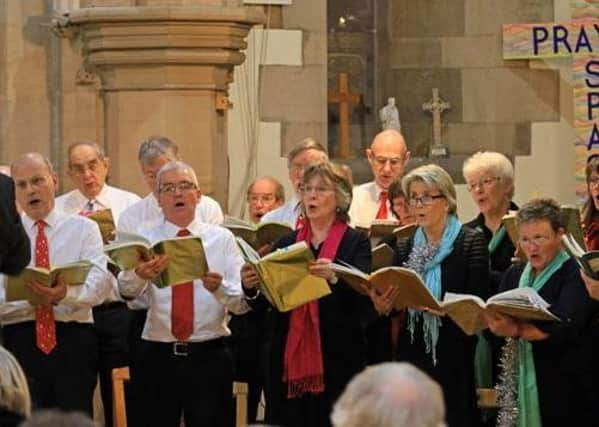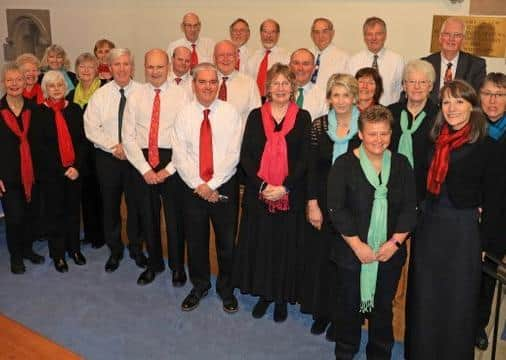Kelso groups’ Beethoven celebrations set to help deaf charity


With 2020 marking the 250th anniversary of Beethoven’s birth, Abbey Consort and the Yetholm Sinfonia are mounting a celebratory concert focusing on attractive, but lesser-known works.
From the incidental music to King Stephan, two choruses will be preceded by the very tuneful overture.
Advertisement
Hide AdAdvertisement
Hide AdThe rarely heard cantata Calm Sea and Prosperous Voyage will make a powerful impact, and some short songs will present a very different side to the Beethoven we’ve come to know through the symphonies.


And an interesting version of the Moonlight Sonata makes a very strong case for itself before the exciting Hallelujah chorus (not by Handel!) concludes the first half.
The second half of the programme features music by three of Beethoven’s very good friends – Ferdinand Ries (who studied with Beethoven), Ignaz Moscheles (who supported Beethoven financially) and Joseph Haydn (who taught the young Beethoven).
All profits from the concert will go to the charity Deaf Scotland, as a nod to the crushing disability that affected Beethoven himself.
Advertisement
Hide AdAdvertisement
Hide AdAt the age of only 27, he developed tinnitus with a general deterioration in his hearing; how devastating for the young performer and conductor.
His deafness worsened to the point where he withdrew from all public performances at the age of thirty-one, social interaction becoming more and more difficult.
Beethoven resorted to conversation books, where his friends and associates would write their comments or questions, and Beethoven would respond either vocally or with a written reply.
Beethoven was obviously greatly frustrated by his disability and aware that communication difficulties made him short-tempered. He was also isolated and lonely.
Advertisement
Hide AdAdvertisement
Hide AdComposition became his reason for living (though he had considered suicide) and he produced some of his most admired works during this period of self-imposed withdrawal from public life. Such was his musical skill that he continued to compose complex and beautiful works, hearing all the notes only in his head.